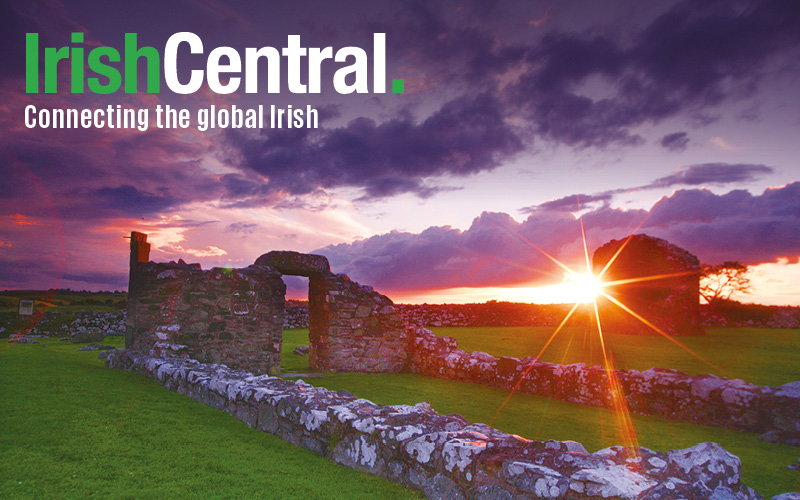When it comes to banning LGBT groups from marching as their own contingents, the St. Patrick’s Day parade now marches alone.
Until recent years, it was joined by the India Day Parade, the Celebrate Israel Parade, and the Chinese Lunar New Year Parade, with the annual lead-up to each celebration marked by a heated debate much like the one happening now.
In February 2010, the Lunar New Year Parade, which runs through the streets of Chinatown, changed its policy and welcomed gay and lesbian groups to march. They in turn asked Irish and Indian groups to walk alongside them, offering them a chance to do what they could not in their respective official celebrations.
That August, the India Day Parade, which marks the day India gained independence from Britain, invited members of the South Asian Lesbian and Gay Association (SALGA) to march down Madison Avenue. The parade committee had previously allowed them to participate in 2000, before reversing that decision. Then-City Council Speaker Christine Quinn walked with SALGA and told reporters, "Every time one of New York City's ethnic parades says yes to the LGBT community it makes it harder for the shrinking number of parades, like St. Patrick's Day, that have said no, to continue to say no."
For many years, the Celebrate Israel Parade maintained a policy that allowed members of the LGBT synagogue Congregation Beth Simchat Torah to march only in a cluster of other synagogues and without any “recognizably gay” words or icons on their banners. In 2012, after heavy campaigning by the members of Jewish Queer Youth, the Jewish Community Relations Council agreed to let them march as their own contingent and with their own signage. The theme of the parade that year was “Israel Branching Out.”
This past September, Island LGBT was the first LGBT group to join in the West Indian Day Parade, the massive celebration of West Indian heritage that takes place each Labor Day along Brooklyn’s Eastern Parkway.
Madelyn Lugo, Chairperson of the National Puerto Rican Day Parade, confirmed via email that Puerto Rican LGBT groups participate in the parade, which follows the same Fifth Avenue route as the St. Patrick’s Day procession and attracts 2 million spectators.
“The National Puerto Rican Parade is an inclusive organization and welcomes all groups in our communities to participate as [long] as they represent their communities with dignity and respect,” she wrote. “Everyone is welcome to march and we have groups that always march with our parade.”
Though messages to the Columbus Citizens Foundation went unanswered, NBC’s coverage of the Columbus Day parade in 2010 quotes then-chairman Lawrence Auriana saying that the parade, which celebrates Italian-American heritage, has no issue with gay and lesbian groups marching under their own banners.
"We don't have an issue with gays," Auriana said, adding that he didn't know of any gay Italian-American groups affiliated with his parade. "They've been with us since Roman times."
Michael Rabus, President of the German-American Committee of Greater New York, the umbrella organization that oversees the annual German-American Steuben Parade, told IrishCentral that while no German-American LGBT groups had ever approached the committee about marching, he would not see a problem as long as there was a vested interest in German heritage.
“The parade committee is a registered 501 (c) 3 and is not affiliated with any political or religious groups,” he said. “We promote German heritage and friendship.”
Measured as that that remark is, it’s actually a key point. The St. Patrick’s Day Parade is run by a private organization, which is entitled to make its own decisions about parade policy.
How much longer the old guard will keep the current policy, especially as other parades across the city re-consider theirs, is another question.




Comments